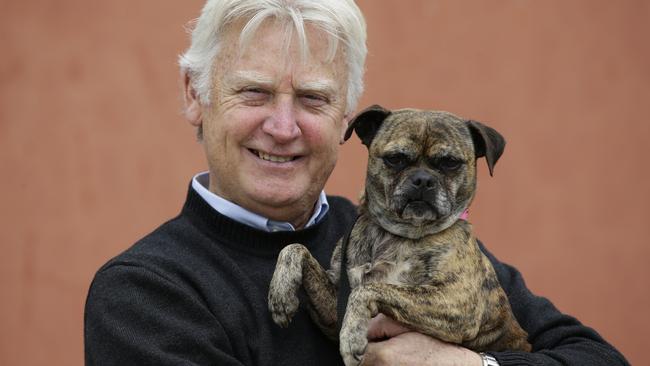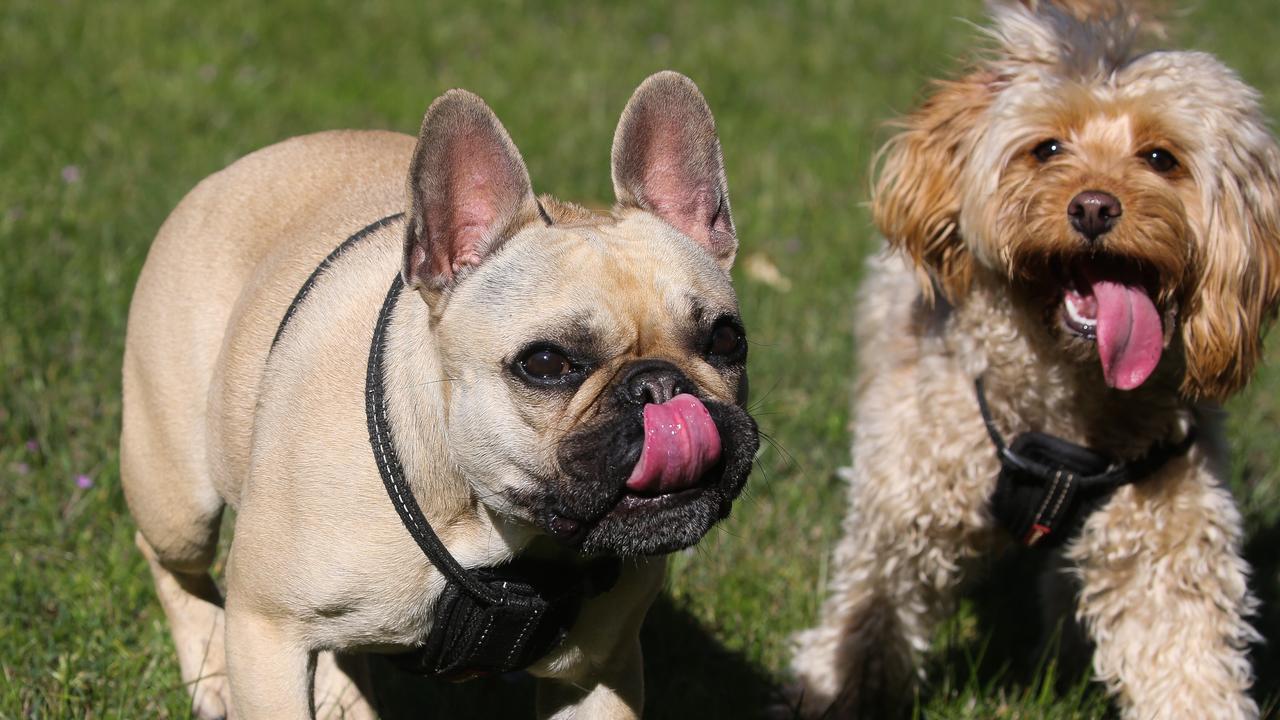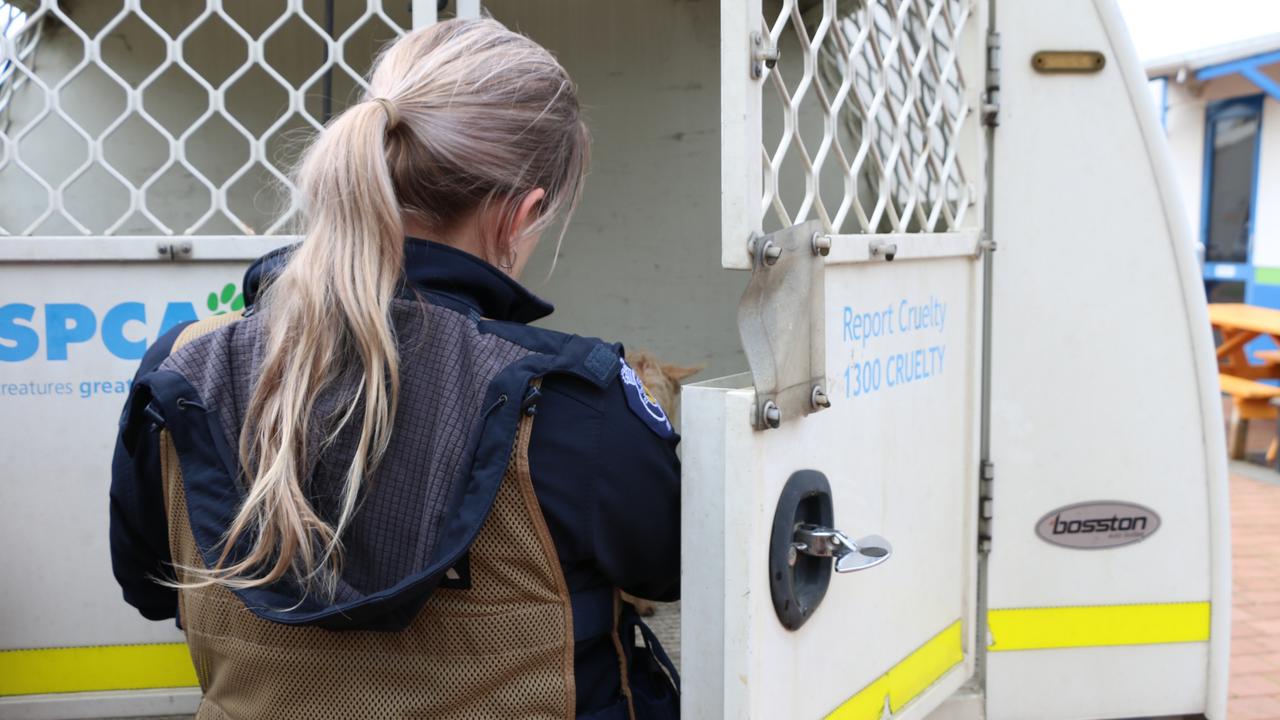Dogs should pass tests to use off-leash parks, says expert
POPULAR off-leash dog parks have been slammed by a leading canine expert who says they are putting us and our pets at risk.

A LEADING canine behavioural expert believes that off-leash dog parks are putting vulnerable Australians and our pets at risk.
Steve Austin, who teaches council rangers and paramedics how to deal with dangerous dogs, knows that his view won’t be popular.
However, he believes it is necessary to promote change after a horrific spate of dog maulings which have left two children severely injured and one dead in four days.
“Something is not right and we have to go right back and look at what we’re doing with our dogs,” Mr Austin said.
The canine training expert believes that a key part of this re-examination of our relationships with dogs is “socialisation” — or the training of dogs to behave and understand the world around them.

“A big problem with dog parks, now that they are so popular, is that owners believe that taking their dog to an off-leash area and letting it run around all over the place is adequate socialisation,” Mr Austin said.
“But taking your dog to the park only really accounts for about 5 per cent of your dog’s socialisation training. Socialisation is actually an all-encompassing process, of which 95 per cent is about allowing your dog to experience normal everyday things like buses, children, crowded outdoor shopping centres, car rides and so on.”
Mr Austin believes that this over-reliance on off-leash parks could have a negative effect on dog behaviour in the long-term, but he also believes that the parks are also dangerous for children and well-behaved dogs.
“Ask any council park ranger, there is a big problem with dog parks in Australia,” he said. “The problem is you never know what kind of dog is going turn up and it is leading to dogs, elderly people and children being attacked.
“Many people are reponsible, but you can’t control what other owners are like. People often don’t pay attention to what their dog is doing.
“They’re on the phone or chatting with mates. Next minute there’s a huge fight. That’s when people become involved and the dogs fly off at children or elderly people.”

Mr Austin believes the solution is to introduce simple behaviour tests, run by local council or community volunteers, which would give the pet simple tasks to complete and a tag if they complete it — which would allow the pet to enter the off-leash parks.
He said similar ideas have been trialled to protect wildlife in Australian National Parks with great success.
“Ten years ago, we used to let dogs poo everywhere and nobody cared,” he said. “Now, through education and laws, someone would tell you to pick it up and it would be the same thing with these tags.”
In horrific incident last night, a three-year-old boy had part of his ear ripped off by a Great Dane.
One-year-old Kamillah Jones was in a stroller in the NSW town of Inverell on Saturday when a rottweiler attacked her.
She was rushed to Inverell District Hospital in an ambulance, but her injuries were so severe she couldn’t be saved.

There was another attack on Sunday, this time in Melbourne, where a 10-year-old girl was seriously injured.
That attack happened while her parents were reportedly at the gym.
A City of Sydney spokeswoman told news.com.au that rangers and companion animals liaison officers conduct regular patrols of the city’s parks to ensure owners keep their dogs under control and ensure dog owners pick up after their dogs.
“Regular off-leash exercise in designated parks helps dogs relieve boredom and release pent-up energy and may help reduce unwanted behaviour such as excessive barking,” she said. “Outdoors exercise also benefits owners, with dog parks bringing people and communities together.
“Having access to dog-friendly spaces is important for pet-owners, particularly in inner-city areas with high-density dwellings where dogs don’t have much space to exercise.”
A City of Melbourne spokeswoman said it takes dog attacks very seriously.
“Owners face fines of up to $6342 and/or orders for the dog to be destroyed if the courts find their dog guilty of a serious attack,” she said.
Share your opinion, follow @bengrahamjourno or email benjamin.graham@news.com.au



